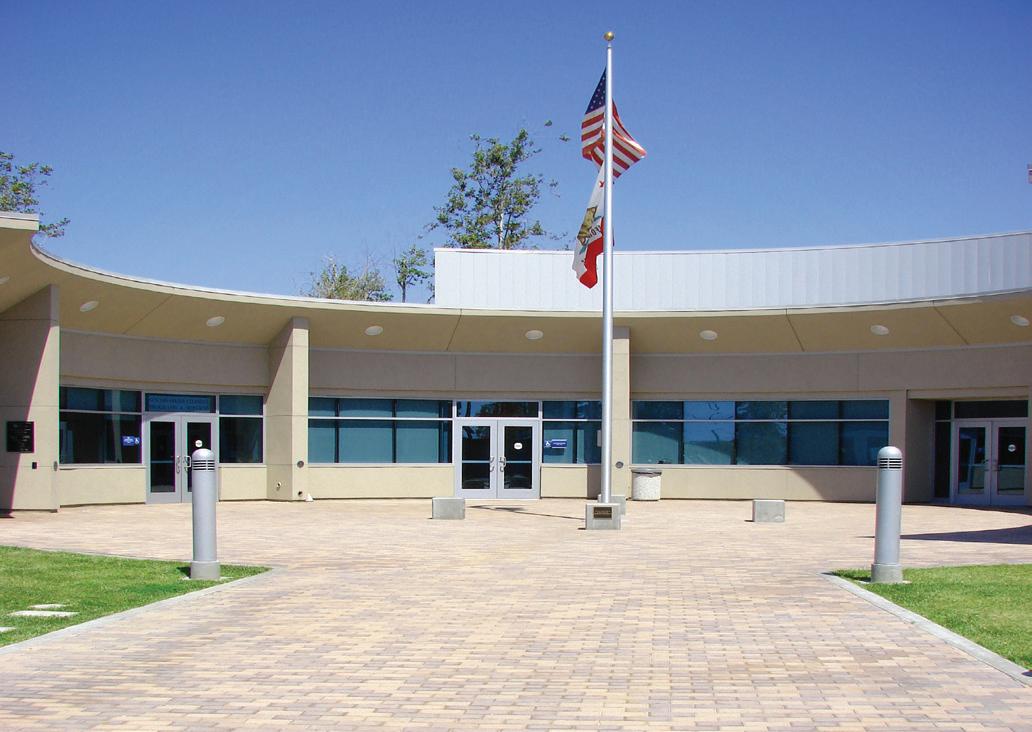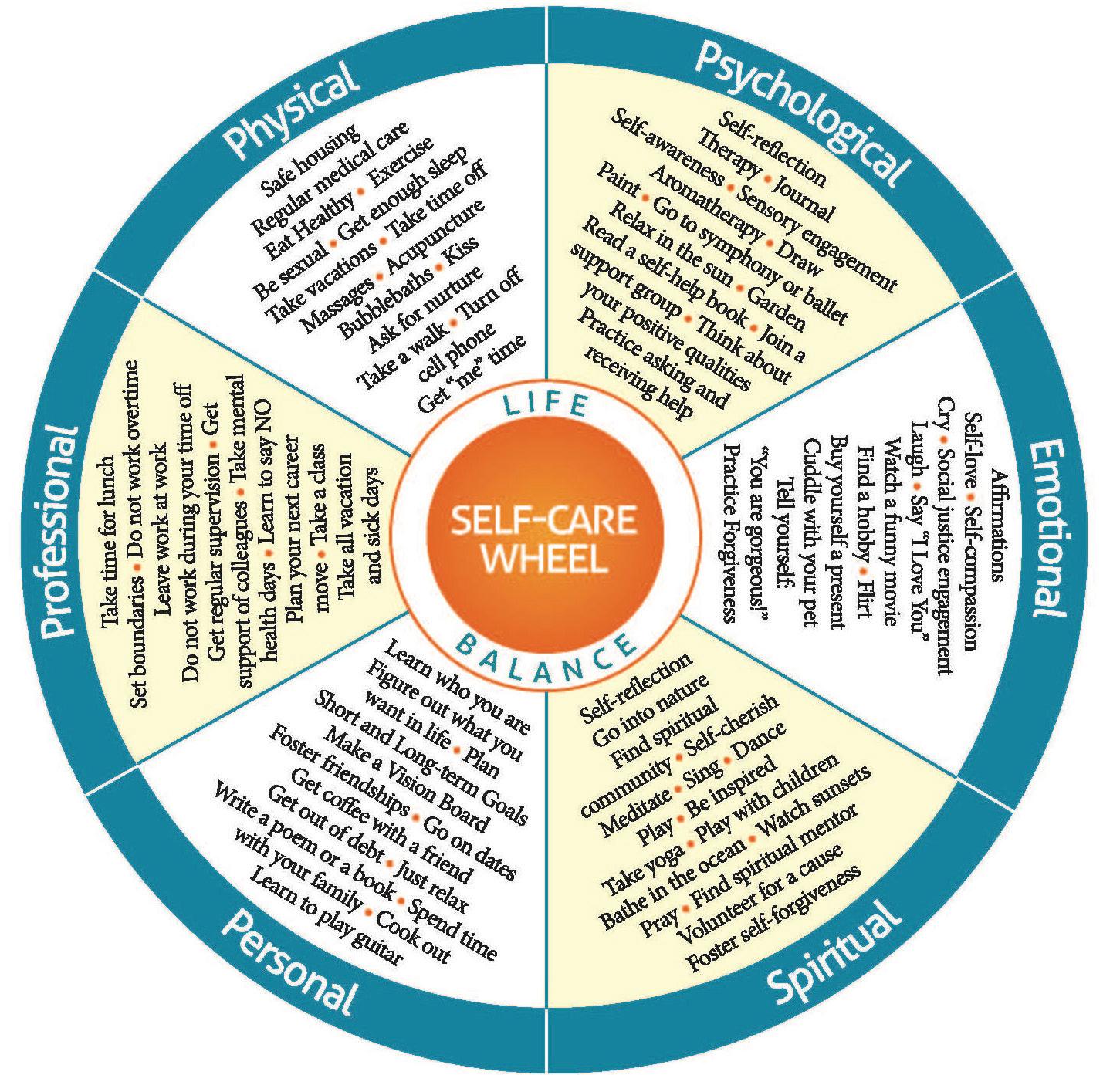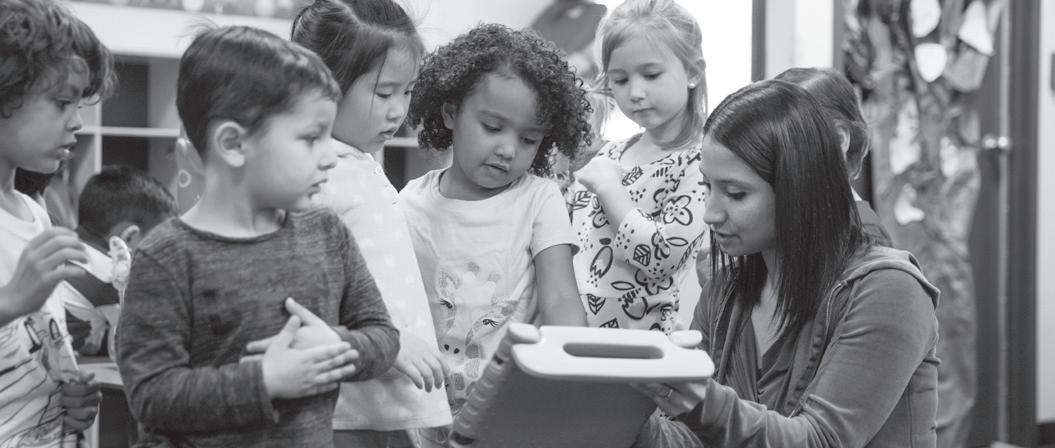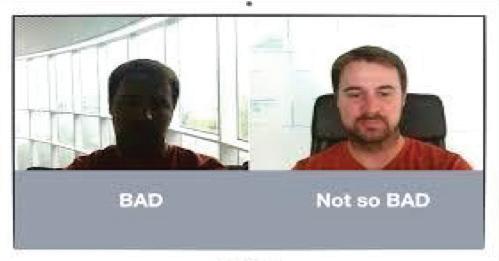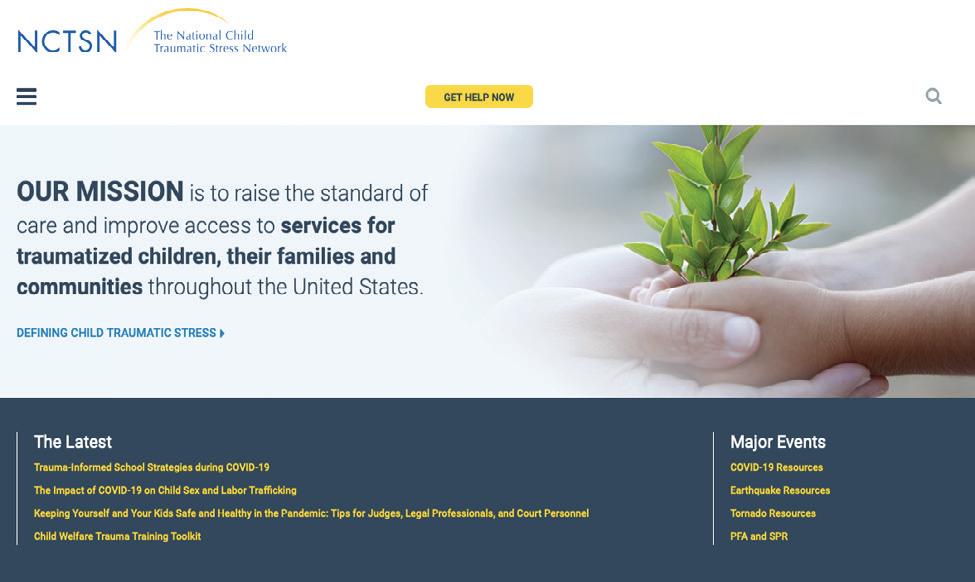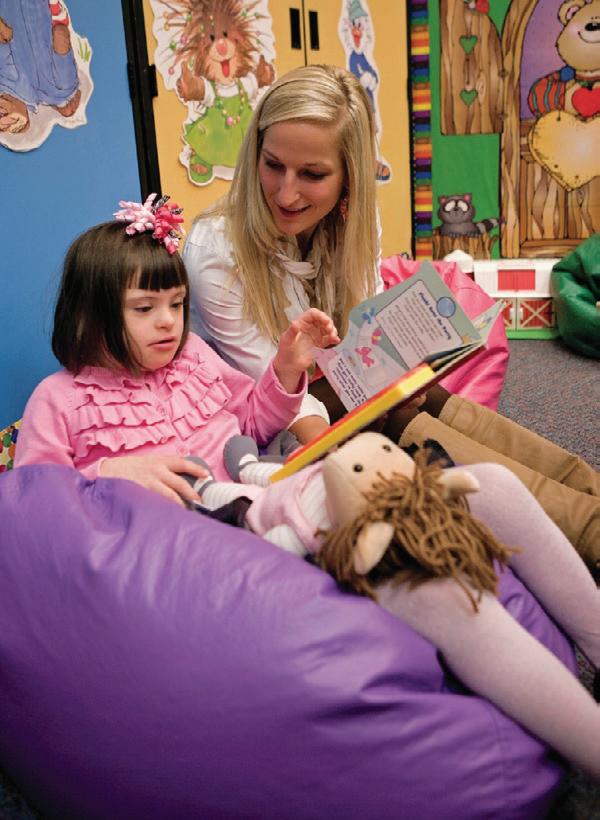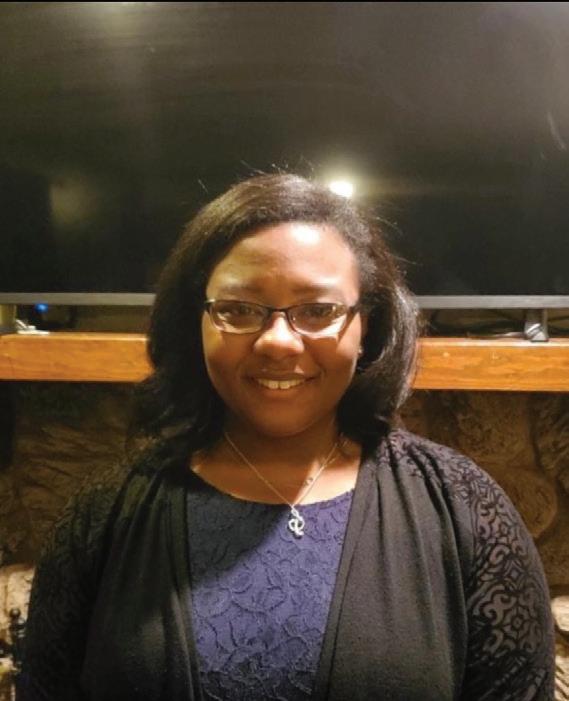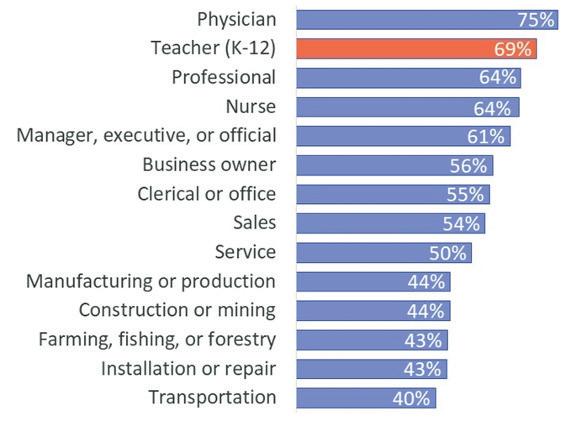School Culture and Climate 1.
What is the longevity of the administrative staff in the school?
2.
What is the annual teacher turnover rate?
3.
Are faculty organized into teams? If so, how well do the teams collaborate and support each other?
4.
What are the demographics of the district/school? (Most candidates seek a diverse work setting and may not be happy in a school with a homogenous student population.)
5.
What is the level of family engagement in this district/ school?
6.
What is the district/school’s rating with the state (if your state uses a grading system)? Is the district/school ‘in improvement?’
Professional Growth and Development 7.
What percentage of teachers have achieved National Board Certification?
8.
Are funds provided to support professional development and conference participation?
9. Does the school/district offer tuition reimbursement? 10. Does your school/district offer a new employee orientation? If so, when is it offered, what is the duration and what is covered? 11. Does your school/district offer an induction program for beginning teachers? If so, what is the duration and what is covered?
20. Does this role come with a teacher assistant? If so, what percentage of his/her time and effort are available to me? 21. What outside duties will I be required to perform (club sponsor, coaching a sport, committee service, etc.)? 22. Are lesson plans and common assessments developed collaboratively by grade/subject level teams or will I be wholly responsible for the development of my own lesson plans and assessments?
Preparing for Your Future
25 Questions to Ask Before You Say Yes
23. How much daily planning time will I be allocated? 24. How many students can I anticipate having in each class/ overall? The 25th Question: 25. Finally, the most important question you can ask, “Is there anything I have not yet asked about that you feel is important for me to know as I make my decision about which job offer to accept?” That is the question that typically yields crucial information needed to make your decision. After your reverse interview is concluded, be sure to followup with a quick email or hand-written thank-you note (even better) to let your interviewer know how much you appreciate the opportunity to explore the fit of their job offer to your professional goals. The very act of asking for a reverse interview with not only make you a stand out in the pool of candidates being considered by the hiring organization, it will make you a better informed candidate who is able to secure a top job offer!
12. As a beginning teacher, will I be provided a mentor? If so, for how many years and at what level of support? Resources and Fiscal Support 13. Are funds provided at the individual or department/grade level to purchase instructional supplies? If so, at what level? 14. What software and hardware tools will I have access to in support of teaching and learning? Does the school/district provide faculty a laptop to be used at work and home? 15. Will I have my own classroom or will I be sharing a teaching and learning space with another faculty member? 16. Can you describe for me my full compensation and benefits package? (While salary data is often available, benefits can run up to 30% of a faculty’s salary and those investments are often not taken into account. Additionally, the value of retirement/pensions are often not taken into account by beginning teachers.) 17. Are there opportunities to earn additional income (tutoring, coaching, summer school, etc.)? 18. Are there affordable housing provisions made for beginning teachers in this community (many communities offer subsidized housing or home loan assistance)? Job Duties 19. How many course preparations will I have? (This is more significant for 6-12th grades but can also apply to departmentalized K-5 roles.)
23 American Association for Employment in Education



